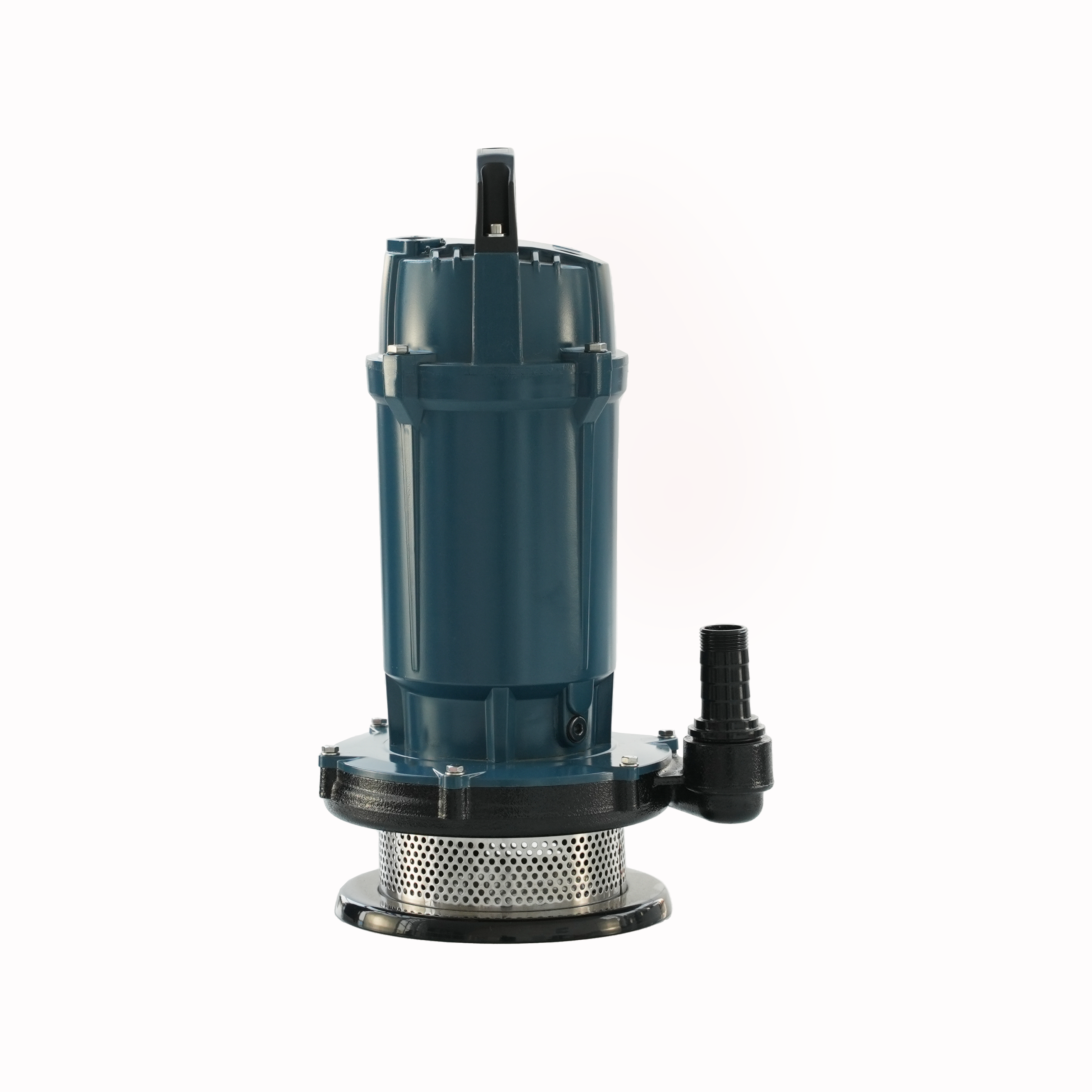Hydraulic vs. Electric Pumps: Which Performs Better?
So you understand the main differences

This is how deep pumps are the most essential of all the machines that transfer liquid matters from one location to another. Pumps are everywhere factories, farms, construction sites. There are two major types of powered devices: hydraulic & electric. One of the chief differences between hydraulic and electric pumps is the manner in which they operate, and what they excel at.
Hydraulic pumps use special liquids, such as oil, to generate power. As the oil passes through the pump, it gets lifted, which allows the oil pump to move heavy items. Solar pump that operate their motors with electricity, on the other hand. This makes hydraulic pumps ideal for heavy lifting and high pressure applications. Electric pumps are typically easier to control and save more energy in their operation.
Translation in EnglishComparing Efficiency and Effectiveness
Efficiency is a measure of how well a pump translates energy into pumping fluid. Submersible pump for sewage are hands-down the winners in this scenario. They are more energy efficient, meaning they perform their duty without consuming too much power. Electric pumps have a much more precise level of control available as well, so they work great for applications when finesse is a must. But specifically when it comes to effectiveness and how well the pump is meant for heavy work, hydraulic pumps win. They are more efficient at heavy work tasks like moving large objects or forcing liquids through long pipelines.
For example, a hydraulic pump will do the job better than an electric one if you have to lift a heavy load. However, an electric pump is more convenient for any job you have that requires precision, such as filling containers exactly. So, it really comes down to what you need to accomplish.
Analyzing Installation and Upkeep Factors
Next, let’s discuss cost, and maintenance, both critical when selecting a pump. Submersible pump for cleanwater are cheaper to buy and operate than hydraulic pumps. If something (inevitably) goes wrong, they are easier to maintain and fix. That means that with an electric pump, you may spend less in the long run.
But hydraulic pumps can be costlier initially. They often require regular upkeep to ensure they continue to operate smoothly. When it comes to cost and maintenance, you should consider exactly what your needs are. Choosing an Electric Pump for Your Project (If Precision and Efficiency Are Needed) It will be more adequate when you have to work with heavier weight and great pressure and hydraulic pump will do the job.
Use Cases in Different Domains
Hydraulic and electric pumps are used for various applications in various industries. Hydraulic pumps are commonly used in various sectors such as construction, mining, and agriculture, where heavy lifting and high pressure is crucial. As per, like in the construction industry, cranes and other heavy equipment that lift heavy materials are powered by hydraulic pumps.
Electric pumps: Electric pumps are used in a wide range of industries and applications, including manufacturing, food processing, and water treatment. A higher degree of precision and control is required in these industries. For example, electric pumps are used as liquid transport in food processing lines to transport milk and juice in the food processing industry. Various industries benefit from unique demands, so the correct kind of pump selection is vital to getting the job done.
Choosing the Right for Your Needs
When choosing between hydraulic and electric pumps, your particular requirements and applications play a critical role. For heavy loads and higher pressure applications, a hydraulic pump may be the better option for your application. But if you desire precision and control, an electric pump might be the better choice.
Hydraulic pumps vs Electric pumps pros & cons. How do you make an informed decision by learning the major differences, checking the performance and efficiency, comparing the costs and maintenance, and figuring out the industries where they are applied? When it comes to choosing the pump that will suit your needs, the more you know about what will work best, the better equipped you will be to select the right pump for your application and achieve optimal results.
Comments
Post a Comment